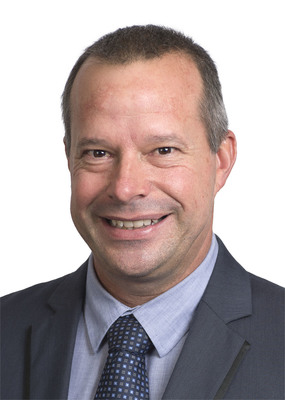A Geelong politics expert has called for an overhaul of voting for Victoria’s Upper House after “micro-parties” won seats at Saturday’s election.
Torquay animal activist Andy Meddick and Geelong policeman Stuart Grimley are among micro-party candidates headed for the Legislative Council despite each so far garnering less than 4.5 per cent of the vote.
Mr Meddick and Mr Grimley look set to become the first Victorian MPs of their respective Animal Justice and Derryn Hinch’s Justice parties as counting continues this week.
As two of Western Victoria’s five Upper House MPs, each would earn a minimum $171,239 a year including expenses to review proposed legislation from the Lower House and possibly propose their own.
Mr Meddick and Mr Grimley could join eight other micro-party candidates in parliament thanks to a system of preference dealing for overcoming low primary votes.
Deakin University politics senior lecturer Dr Geoffrey Robinson said their group-voting tickets “undercut the will of the people’.
A similar tactic helped “little-known candidates” with low primary votes win federal Senate seats in 2013, “sparking widespread concern across the country”, Dr Robinson said.
“And so now micro-parties using that group-ticket approach look set to have a strong presence in Victoria’s new Upper House in the wake of the weekend election,” Dr Robinson said.
“What we have now in Victoria undercuts the ability of the electoral system to represent people’s aspirations and interests.
“Victoria’s system doesn’t represent public opinion and I think it elects people in micro-parties who are subject to manipulation. They know their political future depends on keeping on-side with major parties to keep their preferences and that can change their behaviour.”
Dr Robinson said the rise of micro-parties in the Victorian Parliament underlined the need for reform.
“It will be interesting to see what happens,” he said.
“I imagine there will be pressure for reform, but on the other hand Labor might think they’ve done all right from the system this election.”
Dr Robinson suggested that Victoria could adopt federal reforms after 2013 that “stamped out” the pooling of preferences.
Replacing the Victorian system of eight electoral regions with a state-wide ballot for Upper House candidates was another option “worth considering”, he said.










